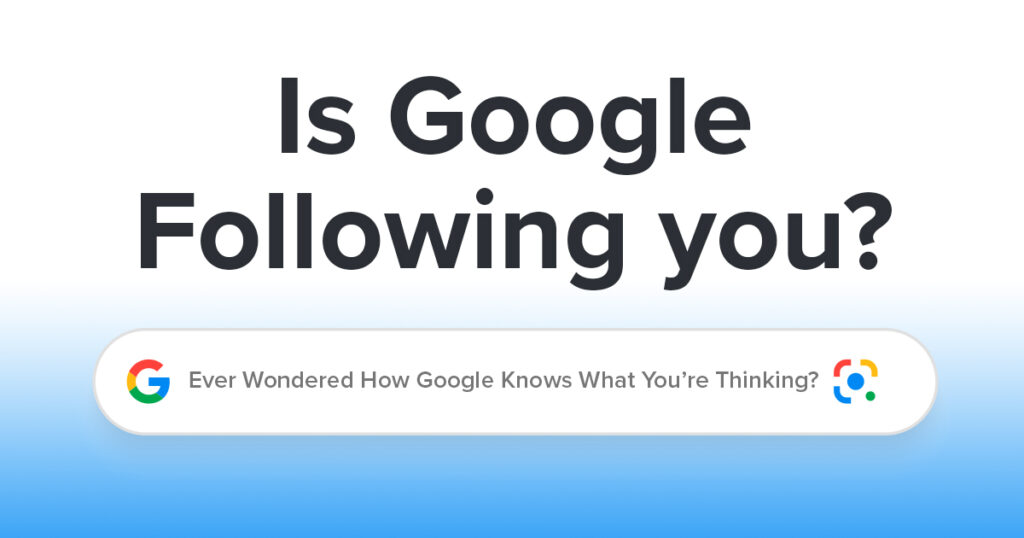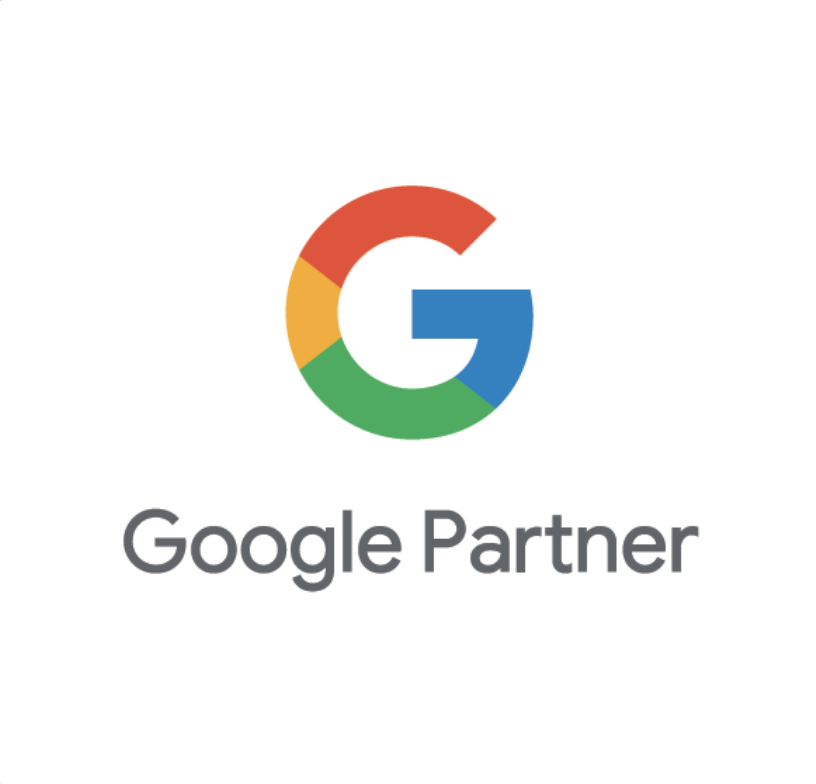A few months ago, I stumbled across an article on the New York Times website called “The Zen of Weightlifting.” I was intrigued. I clicked through. Later that night, I opened Facebook. There, near the top of my feed, was an ad for No Bull–a clothing and apparel line marketed towards athletes.
Now, here’s the weird thing: earlier that afternoon, a buddy and I had been talking about how much we liked the No Bull line. I said I wanted some new lifting shoes. And here was the ad, no more than two hours later, the sleek gray trainers flexing and sprinting through my social feed.
We’ve all experienced the eerie feeling that our devices have been listening to us before. It’s a feeling that makes most people cringe. They picture a department in the basement of Google where vitamin-D-deprived tech-sector hopefuls are bugging phone calls, reading texts, watching them through Apple’s new tri-lense camera. But the reality of the situation is that no one is listening in. The monitoring process that helps Google (and other search engines and platforms) determine what ads we see is actually elegant, sophisticated, and mind-boggling in its scale. And it presents a unique opportunity for business owners, marketers, and entrepreneurs.
Digital Footprints and Profiles
Every time you use the internet, you leave a digital footprint behind. Search engines like Google monitor your IP address, location, the clicks you make, the sites you visit, the time you spend on each site. All of this information gets compiled. It becomes your user profile.
After thousands upon thousands of searches, your user profile is incredibly detailed. Through advanced algorithms and analytics, Google can guess your sex, your age, your marital status, your political views, your taste in clothing and food, and–this is most important–your likelihood of clicking on any of the millions of ads that Google runs on a daily basis, if, of course, Google chooses to show them to you.
Google Ad Auctions
So how does Google choose?
Well, it’s all about money, of course. Every time you complete a search, Google completes an Auction. In a fraction of a second, Google’s algorithms determine something called Ad Rank, which is based on a number of vital factors:
- Which ads are most relevant to your search?
- Which ads showcase products or services that are either digitally or physically accessible to you?
- Which ads have the most accurate and relevant extensions?
- Which ads have the highest clickthrough rates?
- Which ads direct to the most user-friendly landing pages?
- And, of course, which companies are willing to pay the most per click.
Let’s unpack all of this a little more.
Firstly, Google will only show you ads that are highly relevant to your specific search. If you search for skateboards, Google will not show you ads for basketballs. But, when you search for skateboards, you might see ads for elbow pads. That’s because Google’s algorithms have determined that the same people who are interested in skateboards are also interested in pads.
Next, Google will only show you ads that it knows have the potential to lead to conversions. In layman’s terms, a conversion is basically whenever someone buys a product based on an ad. So, Google won’t show you ads for products or services that aren’t accessible in your location.
Google also tends to prioritize ads that include accurate extensions. Ads that include links to more specific landing pages, or phone numbers for prospective customers to get in touch with a call center or sales representative, enhance users’ engagement; they increase the likelihood that someone who completes a search will click on that ad. This likelihood (click or no click) is referred to as clickthrough rate. Google will prioritize the ads that its users click on the most frequently. Basically, Google takes extensions and clickthrough rate, along with other factors (such as attractive description copy that promotes sales or limited time offers), into consideration when determining the overall effectiveness of an ad.
Google’s algorithms also favor landing pages that are more user-friendly. Google determines a website’s user-friendly-ness partially through its own service and partially through independent reviewers, all of which assess websites’ landing page experiences.
Finally, Google takes into account how much companies are willing to pay for their ad to be displayed. When vendors open a Google Search account, they set a maximum price per auction that they are willing to pay for their ad to be displayed. If Google’s algorithms deem the vendor’s ad relevant, accessible, effective, and linked to a user-friendly page, that ad is placed in an auction against other similarly valued ads. Google then ranks the ads based on their maximum price per auction. The ad with the highest monetary value will generally appear first (Google displays up to four ads in a search). This ordering process is the Ad Rank.
Google’s analytics and ad ranking process are so fine-tuned, and so well-tailored to your user profile, that Google can almost predict which products and services you search for before your fingers touch a keyboard. This is why it can feel like Google knows what you’re thinking.
What This Means For Esparza, and How We Can Help You!
At Esparza, we understand how ads are chosen and displayed. We are highly experienced in developing paid search campaigns, which drive traffic to your website and to your business. Our Google-savvy team can create highly-targeted and specific ads that perform well in auctions, raising awareness for, and engagement with, your business.
For campaigns through Esparza, we use pay-per-click (PPC) through the Google Ads platform. We don’t pay for our advertisements until someone clicks on them, so our PPC campaigns are cost-effective. They cut down on wasted ad spend, equating to a healthy return on ad spend (ROAS), and yielding a solid return on investment (ROI).
The Google Ads platform also allows us to track important factors, like how many clicks an ad is receiving, how many conversions it’s resulting in, and how much money we are spending to keep it running. So, once we put a paid search campaign into the field, we have the ability to measure the success of each individual ad in that campaign. We can then fine-tune the ads, improving their performance both in ad auctions and with consumers.
To boil this all down into a single sentence: Esparza’s paid search campaigns can increase your profitability.
Conclusion
Search engines are incredibly powerful advertising tools. By cross-referencing my user profile with the fact that I had recently clicked on an article about weightlifting, Facebook was able to populate my feed with an apparel ad for a product I had just been talking about. This ability to predict the ad I would be interested in before I ever opened my Facebook app effectively cut out the middle man: instead of waiting for me to search for No Bull shoes on my own, a link designed to take me right to a page where I could make a purchase appeared on my feed.
So in summation, understanding and utilizing the power of Google search can help drive traffic to your business, raise your ROAS and ROI, and increase your total profits. We strongly encourage all of our readers and clients to ask us about creating paid search campaigns!












